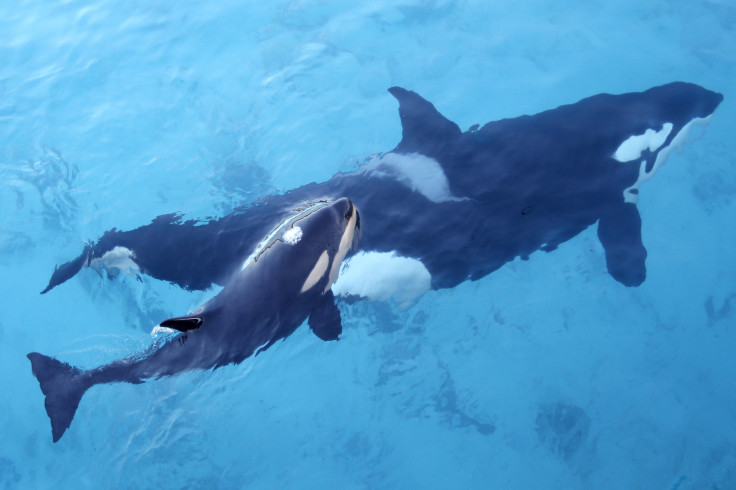Why Do Women Have Periods? Menopause, A Rare Trait In Animals, May Finally Be Explained By A New Study

A new study by an international research team offers new insights into the female reproduction system, fertility and significantly, the purpose of menopause.
Evolutionary biologists consider menopause to be something of a mystery, since it is thought that the primary function of all animals is to survive long enough to reproduce. Why, then, would animals have a biological clock that eventually restricts their ability to reproduce? Surely, an animal that can reproduce until their demise can pass on more genes? And predictably, most mammals do precisely that. Only three species — humans, killer whales, and short-finned pilot whales — are known to outlive their fertility.
The findings of a new study, involving researchers from the Universities of Exeter, Cambridge and York, all in the United Kingdom, the Center for Whale Research in the United States, and Fisheries and Oceans Canada, and published Thursday in the journal Current Biology, offers a possible solution to the conundrum.
Spanning over four decades, the study collected data on killer whales in the Pacific Northwest, and it suggests that the main reason behind menopause could be to avoid reproductive competition between older females and their daughters.
Killer whales are matriarchal and the life span of a female killer whale is around a century. Typically, they can start reproducing at the age of 15, and are thought to hit menopause in their 30s or 40s.
According to the study, when mother and daughter killer whales had offspring at the same time, the calves of the mother whale were 1.7 times more likely to die than those of their daughters in the first 15 years of life. In the absence of any reproducing daughter, the calves of the older mothers did just fine.
“It's not that older mothers are bad mothers, that they're not able to raise their calves as younger mothers… It's that when they enter into this competition with their daughters, they lose out and their calves are more likely to die," Darren Croft, a behavioral ecologist at the University of Exeter said, according to NPR.
The competition mentioned by Croft refers to the cooperation and reliance on sharing food, such as salmon, among killer whale pods as they forage together. The offspring often rely on their mothers for years. Therefore, the social function of menopause for killer whales is to maximize cooperation within groups while minimizing competition between generations of females.
The study was the first test of a hypothesis coined seven years ago by co-authors of the same study. Mike Cant from the University of Exeter and Rufus Johnstone from the University of Cambridge had predicted that conflict between generations may be key to explaining why only some species go through menopause.
“It's great that our theoretical predictions, made seven years ago, turned out to be correct. It means that we've captured a key piece of the puzzle of post-reproductive life. We can now explain not just why older females live so long after reproduction, but why they stop breeding in the first place." Cant said, according to Phys.org.
The researchers are not done exploring the world of orcas and aim to use drones to further examine the behavior of these whales.
"We want to understand how old and young females are behaving in ways that impact the survival of their calves… For example, who are individuals sharing food with and when are they sharing it? Who is doing the babysitting? By getting a bird's eye view, we will be able to transform our understanding of the social lives of these amazing animals," Croft said.
© Copyright IBTimes 2024. All rights reserved.












